This week’s Comms Spotlight is on Ewurama Greenslade, Communications and Management Officer at UN-Habitat Ghana.
As a young girl, Ewurama was drawn to the magic of stories. She found joy in retelling tales like Cinderella and Kwaku Ananse, not just to entertain, but to also help people reflect on their own lives. That early passion has grown into a purpose-driven career in Development Communications. In this interview, she shares crucial advice to young professionals. She also shares her perspective on what it takes to work across media, policy, and development, and why empathy still matters.
How did you start your career in Communications?
As a young girl growing up, I was always drawn to the magic of stories. In my early teens, I found joy in retelling classic tales like Cinderella and Captain Planet, and Ghanaian folktales like Kwaku Ananse, not just for entertainment, but to provoke thought, spark laughter, and gently nudge people into reflection. Whether at a small stage at school or in my own community, I used drama and storytelling as tools to explain important issues – why we must wash our hands, why unity matters, and how collective action could change lives.
I was not just performing, I was connecting. I loved speaking and being understood, across languages and across hearts. From English to French, Twi, Ga, Ewe, Ga-Adangbe and Fante, language became my bridge. Even then, I did not know it was called “strategic communication.” I just knew that if people felt heard, they would listen and act.
As I grew older, this passion matured into purpose. I went on to formally study Communications and Media Studies, Graphics, Photography, video editing and social media for communicating projects and Programmes. With every lecture, internship, and field experience, I understood more deeply how communication could shape policy, shift mindsets, and empower communities.

There’s a proverb in Akan that says:
“Nsem kɛseɛ bɛka wo a, ɛfiri aberewa fie” – When great wisdom is spoken, it often comes from an old woman’s house.
To me, it means stories, when told well, carry power, especially when grounded in the lived experiences of people.
That understanding has stayed with me throughout my career and continues to guide how I work: listen deeply, speak clearly, and always tell stories that move people to act.
My communication journey began in the newsroom as a journalist with the Business and Financial Times (The premier news source in Ghana). I was passionate about shaping narratives that matter. Overtime, I transitioned into strategic communications for development recognising the need to connect policy with everyday experiences.
I worked with Strategic Communications Africa on the Newmont Ghana Ahafo Mine, the United Nations Food and Agricultural Organization (FAO) sub-regional office for West Africa and the FAO Regional Office for Africa, Deloitte Ghana and USAID in Ghana and West Africa and now with the United Nations Human Settlements Programme (UN-Habitat Ghana).
Each role has deepened my understanding of how communication can drive policy, behaviour and system change.
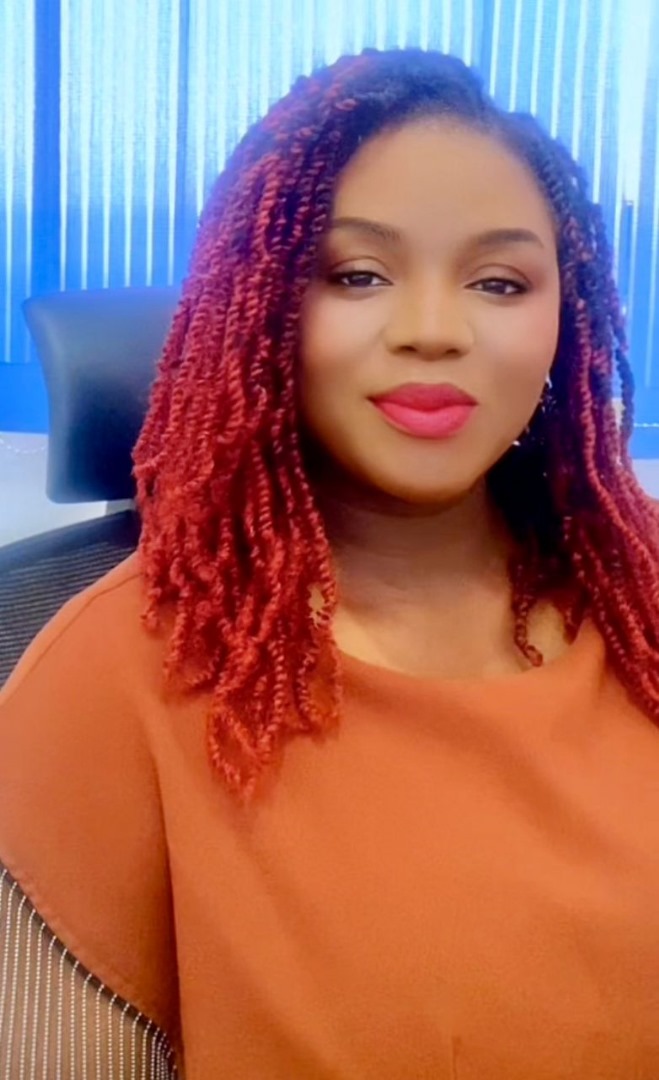
What does your role as the Communications and Management Officer at UN-Habitat Ghana involve?
My role is dynamic and strategic. I lead efforts to amplify our urban development work locally and globally – through impactful storytelling, digital campaigns and strategic partnerships. I advise on key knowledge systems, ensuring that our learnings and innovations in sustainable urbanisation and localising the SDGs are accessible, replicable and influential.
What has helped you stay grounded and passionate about your work after 15 years in the field?
I love what I do and after 15 years, I look forward to the daily authentic connections with the people our work impacts and with the peers who are equally committed to making a difference. I remain passionate about mentoring young communicators (interns) and staying curious about new tools and trends.
Tell us about something you’ve written that has stayed with you, and why?
A piece I wrote while at the UN-FAO Regional Office for Africa still stands out – FAO supports dairy farmers to bring quality milk to the market.
Often, when communicators craft a powerful story about an intervention, it lands as an engaging two-minute read, captivating, clear, and concise. But behind that polished narrative lies a layered process: Project/Programme immersion and scoping, field visit planning, beneficiary interviews and story harvesting, photography and visual storytelling, writing and framing the story and story sharing and follow up.

These stages are what give the story its weight, its heartbeat.
What began as a visit to a milk collection center ended in a lesson on human resilience. I saw cow milk doing more than filling glasses, it filled milk bars, classrooms, kitchens, lit homes and fueled dreams. Flora’s laugh as she spoke of her children graduation was warmer than Kigali’s sun.
This was not just about livestock projects to improve milk intake among the people, it was about life regained. I realised I was not only documenting development but also, dignity.
This story stands out because it blends emotion, data and sustainability. It does not just say “the project was successful”, it shows how a 69-year-old widow now owns five cows, runs a bio-gas and paid for university education all from cow milk.
The story also highlights broader global impact such as
- NEPAD Framework (African Regional Goals)
- SDG 2 (Zero Hunger) and SDG 8 (Decent work and economic growth)
- Youth and Gender (training and employment of young people and empowerment of women like Flora Uwera)
- Climate Smart Agriculture (use of manure for fertilizer and bio-gas for energy shows synergy between productivity and sustainability)
What advice would you share with young professionals who want to work at the intersection of media, policy, and development?
Master the art of translation between issues, audience and platforms. This intersection demands clarity, sensitivity and strategy. Understanding the language of each space – Media tells the story, policy drives the system and development delivers the impact. To work at this intersection, you must be agile.
Stay curious, be intentional and lead with empathy. Start with purpose as communications in development is about people. Learn to listen deeply, translate technical language into human stories and build your digital and analytical skills along the way. Be open to multidisciplinary learning because most impactful communicators understand context just as much as content.
Also, build networks, follow thought leaders and do not be afraid to start small, you will grow in the doing.

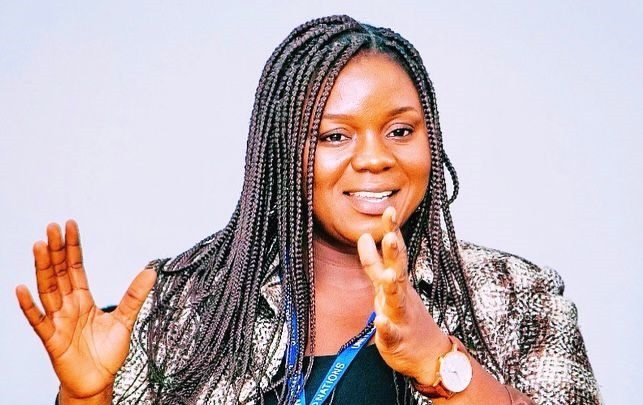
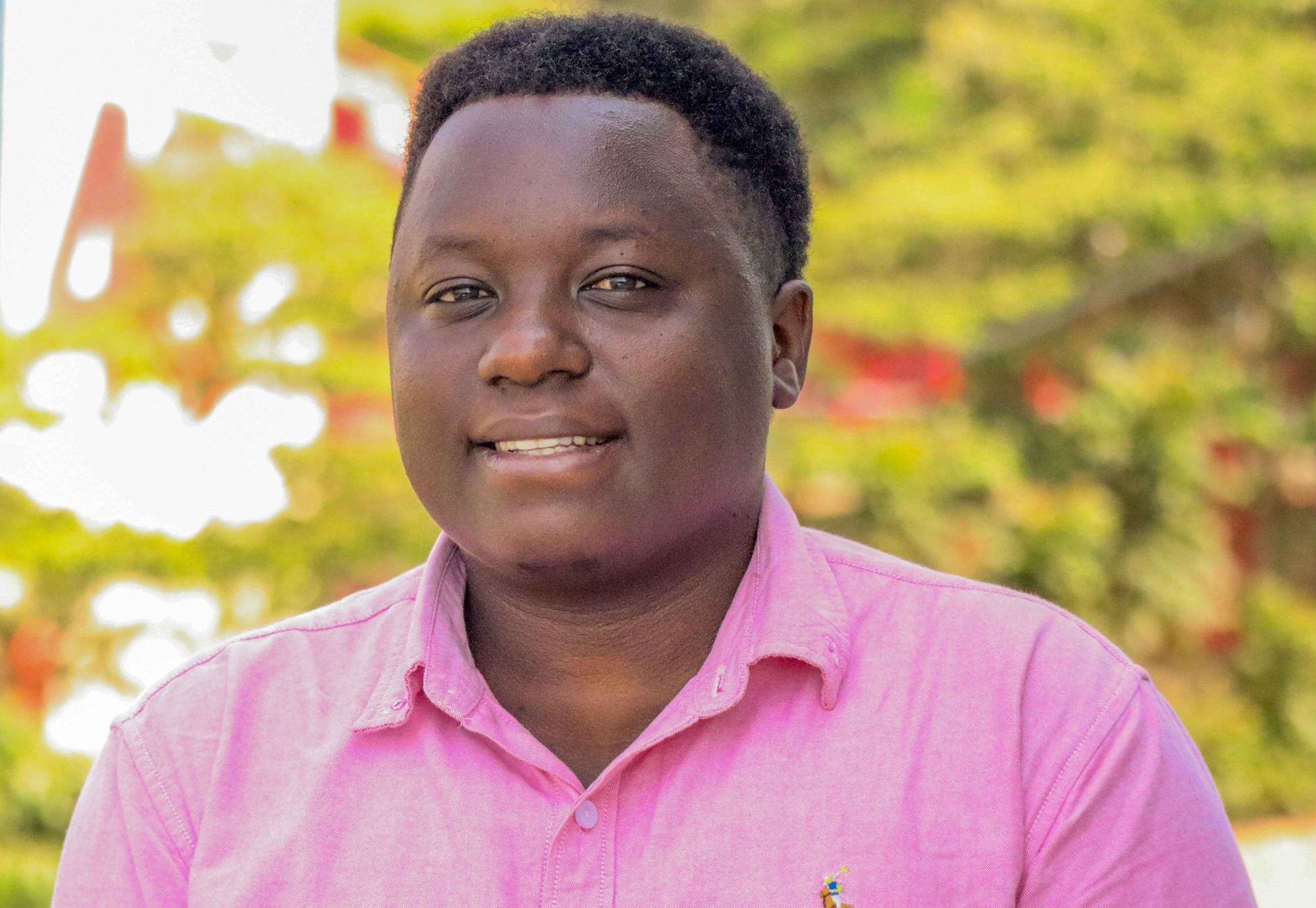
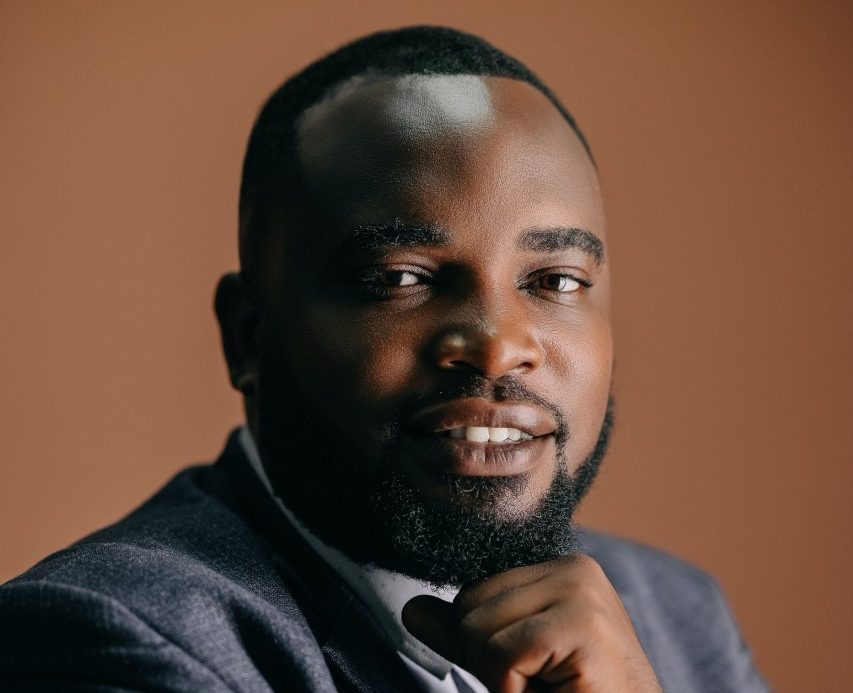
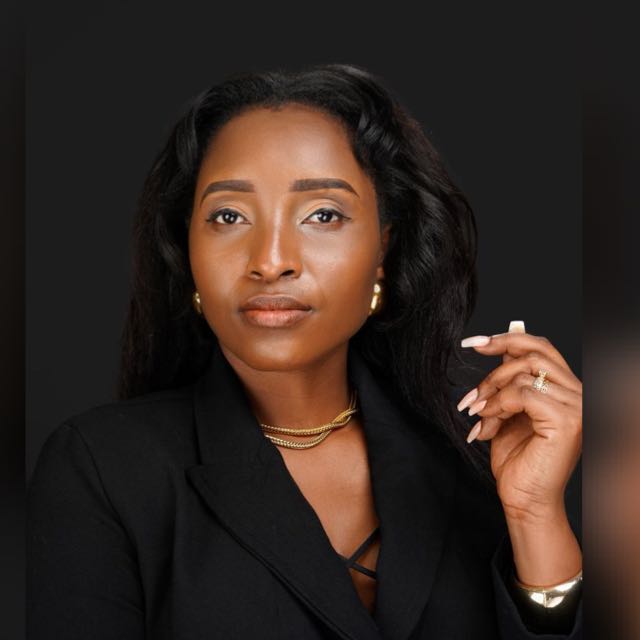
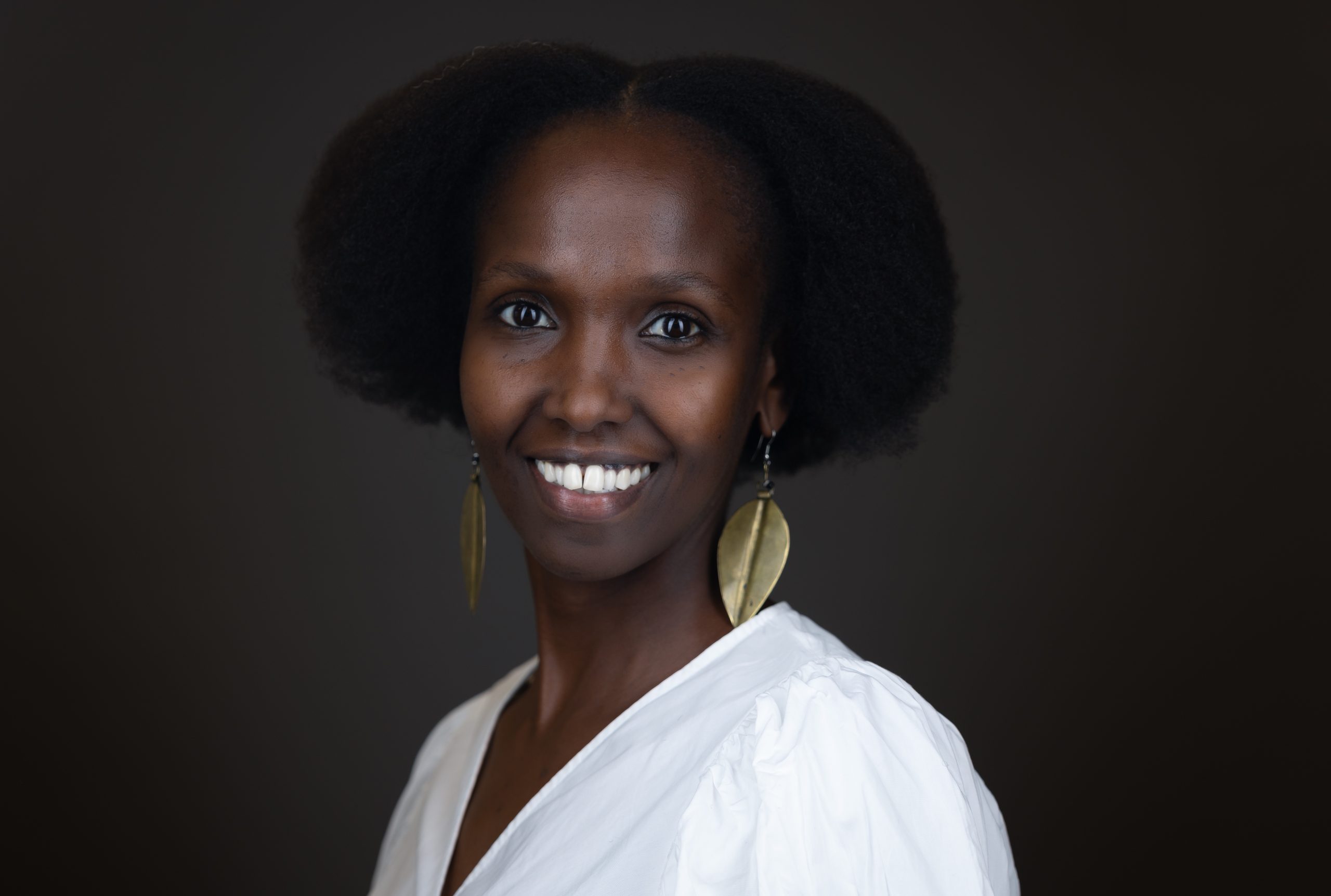
One Response
A phenomenal, sharp, passionate and dedicate professional! Has been through a lot but remains the very personification of resilience itself, not only in her work, but in her role as mother of young children! Keep it up, Ewurama! Very proud of you!